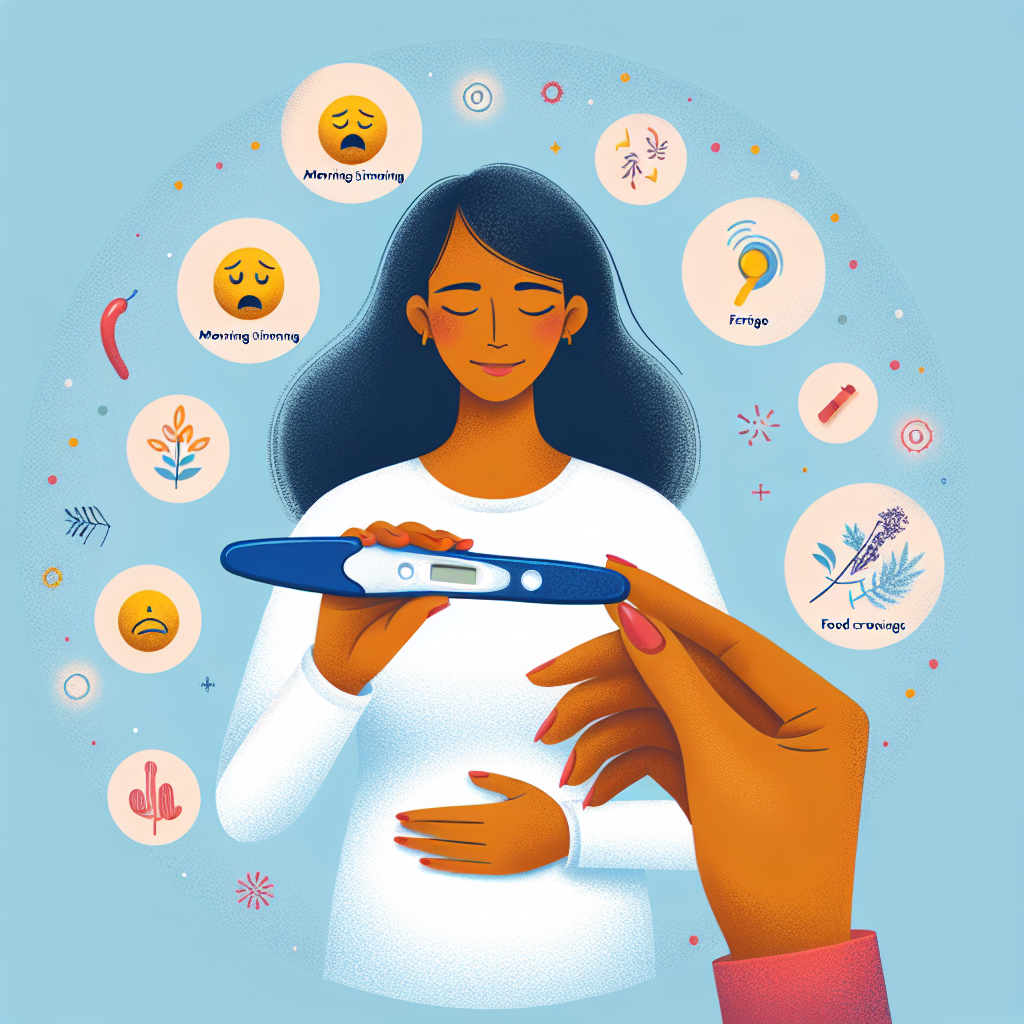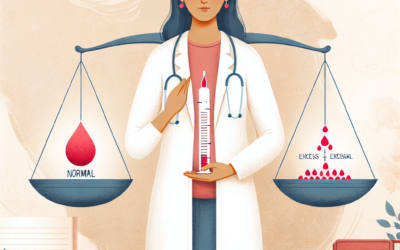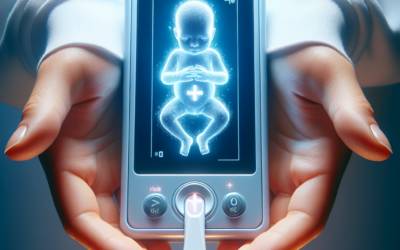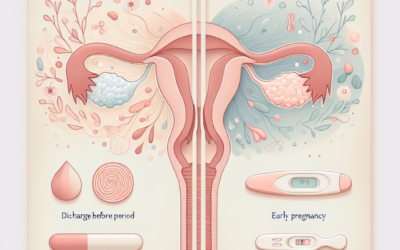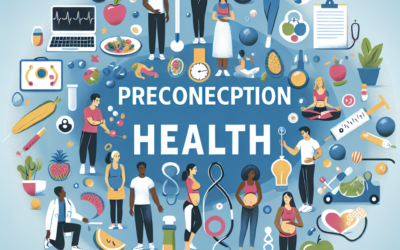Introduction to Pregnancy Symptoms
Pregnancy is a miraculous journey that brings about numerous changes in a woman’s body. These changes can manifest as various symptoms and experiences, often causing a mix of excitement and uncertainty. Understanding these symptoms is crucial for expectant mothers as they navigate through their pregnancy.
Common Early Pregnancy Symptoms
In the early stages of pregnancy, women may experience a variety of symptoms. Some of the most common early pregnancy symptoms include:
Nausea and Morning Sickness
Nausea, often referred to as morning sickness, is one of the most recognizable symptoms of early pregnancy. It can occur at any time of the day and usually begins around the sixth week of pregnancy. For many women, it fades by the end of the first trimester.
Missed Period
One of the most apparent signs of pregnancy is a missed menstrual period. If a woman has regular menstrual cycles and suddenly misses a period, this may be an indication of pregnancy.
Breast Changes
Pregnant women often experience tenderness, swelling, and sensitivity in their breasts. The areolas may darken, and veins may become more prominent as the body prepares for breastfeeding.
Fatigue
Extreme tiredness or fatigue is common, especially during the first trimester. This overwhelming sense of exhaustion is due to hormonal changes and the body working hard to support the growing baby.
Frequent Urination
As the uterus expands and puts pressure on the bladder, many pregnant women may find themselves needing to urinate more often, especially during the first and third trimesters.
Changes in Mood and Emotional Sensitivity
Hormonal fluctuations can lead to mood swings and heightened emotions. Pregnant women may find themselves feeling more sensitive or tearful than normal as they navigate the emotional rollercoaster of pregnancy.
Second Trimester Symptoms
As pregnancy progresses into the second trimester, many women may notice a decrease in early pregnancy symptoms, along with the emergence of new ones:
Increased Appetite
During the second trimester, many women experience an increase in appetite as the body demands more nutrients to support the growing fetus. It’s important to focus on a balanced diet rich in vitamins and minerals.
Visible Baby Bump
Around the 12th week of pregnancy, many women begin to show a visible baby bump. This is an exciting milestone as the pregnancy becomes more apparent to others.
Leg Cramps and Back Pain
As the baby grows, weight distribution changes, which can lead to leg cramps and back discomfort. Gentle stretching and prenatal yoga can help alleviate some of this discomfort.
Third Trimester Symptoms
As women enter the third trimester, a host of new symptoms may arise:
Shortness of Breath
As the baby grows and the uterus expands, some women may experience shortness of breath. This occurs due to the limited space for the lungs to expand.
Swelling
Swelling in the feet and ankles is common in the later stages of pregnancy due to increased fluid retention and pressure on blood vessels. Staying hydrated and elevating the legs can help manage this symptom.
Insomnia and Sleep Disturbances
Expecting mothers often find it challenging to get comfortable and sleep well as their pregnancy progresses. This lack of sleep can be attributed to physical discomfort, anxiety, and the need for frequent bathroom visits.
Conclusion
Understanding pregnancy symptoms is essential for expectant mothers. While many symptoms can be uncomfortable, they are often part of the body’s natural response to pregnancy. An open dialogue with healthcare providers can help manage these symptoms and ensure a healthy pregnancy journey. Embracing this time with knowledge and support can enhance the experience of bringing new life into the world.

